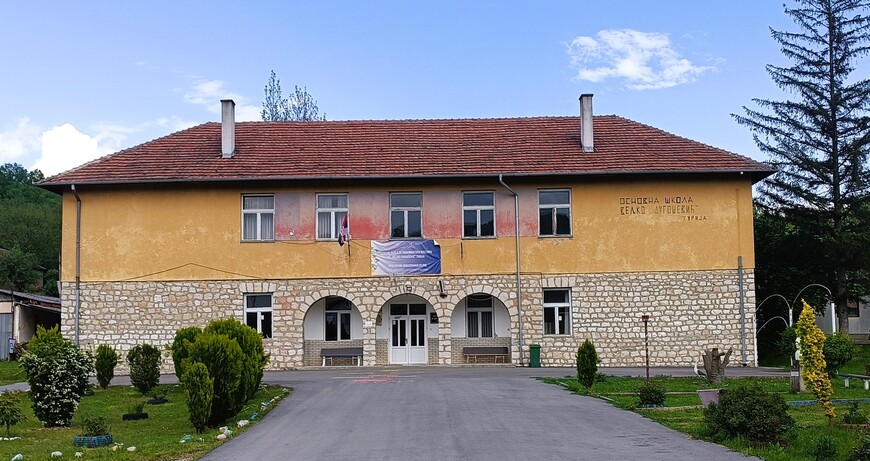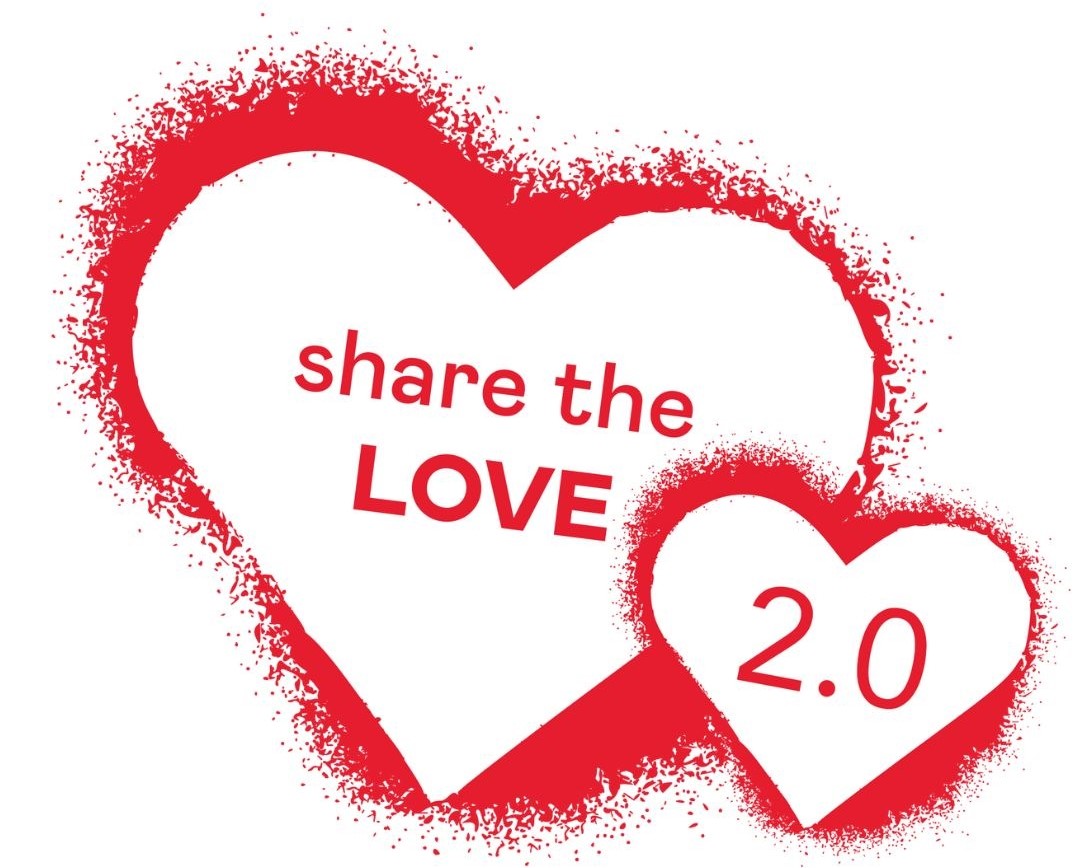In the quiet village of Turija in Serbia, “Veljko Dugošević” Primary School hums with more than the sound of lessons. Here, democracy is not just a subject in the textbook- it’s part of daily life. Pupils debate, compromise, take initiative, and share responsibility for their community. Over time, this small rural school has become a model for how democratic values can take root and flourish.
For director Sofia Milenković, the change has been transformative. She explains that focusing on human dignity, conflict resolution, and responsibility has “left a deep and lasting mark” on the school. Conflicts are no longer left to escalate: pupils talk things through, listen to different perspectives, and work toward compromise.
“We achieved that they are not just passive observers, but active participants in shaping school life,” she says, noting that such engagement boosts confidence and strengthens ties with the local community. I believe this is the most valuable contribution we are making to our society,” Milenković added.
That community support runs deep. Sanela Ankić, a municipal council member in charge of education, describes the school as a “recognised example” for others. She praises its modern approach to teaching, strong involvement of parents, and commitment to preparing children who “respect differences, value other people’s opinions, and strive for a better future.” The municipality, she says, “wholeheartedly supports” the work because one day, "these same children will inherit local leadership roles and, hopefully, correct the mistakes of the past."
In the classroom, teachers have woven democratic skills into every subject. Maths teacher Nebojša Ilić uses group work and real-life projects to encourage responsibility and teamwork. When disagreements arise, students are guided toward discussion and compromise. Mistakes become opportunities for joint problem-solving, not blame. “This way of teaching makes them more mature, responsible, and empathetic,” he says.
The change is just as visible at home. As a mother whose first child grew up with this programme, Biljana Šojanović says she sees from the very beginning that the school plays an extremely important role in shaping a community that nurtures mutual respect, equality and appreciation of diversity. What I especially like about ‘Veljko Dugošević’ is that it’s not only about acquiring knowledge– the school is also a place where children learn to be empathetic, tolerant and aware of the world around them. These values are not just mentioned in class but are lived every day in the way children communicate with each other, resolve disagreements and accept diversity.
These lessons are evident in the pupils’ own actions. Future seventh-grader Mija Stević recalls a class vote on how to improve the schoolyard- from benches and swings to planting trees and flowers- where everyone, from teachers to parents, worked together on the chosen ideas. “I realised that listening to others, respecting different opinions, and working together really matters,” she says. Over time, she adds, responsibility has become central to how students approach school life: it’s not just about finishing homework, but also honesty, respect, and caring for shared spaces. “Responsibility means we all work together to make the school a better place,” Mija explains.
Since joining the Council of Europe’s education programme in 2017, first as a pilot school and later as a mentor, “Veljko Dugošević” has become one of a number of reference points in Serbia for democratic culture in education and has also opened a Council of Europe Library with donated books. But its greatest achievement may be the everyday moments: a child admitting a mistake instead of hiding it, classmates solving a dispute without anger, a community shaping its school together.
In Turija, democracy is no longer an abstract concept. It’s a living, shared practice, and it starts in the classroom.
This initiative is carried out within the action “Quality education for all” which is part of the joint European Union and Council of Europe programme “Horizontal Facility for the Western Balkans and Türkiye”.



